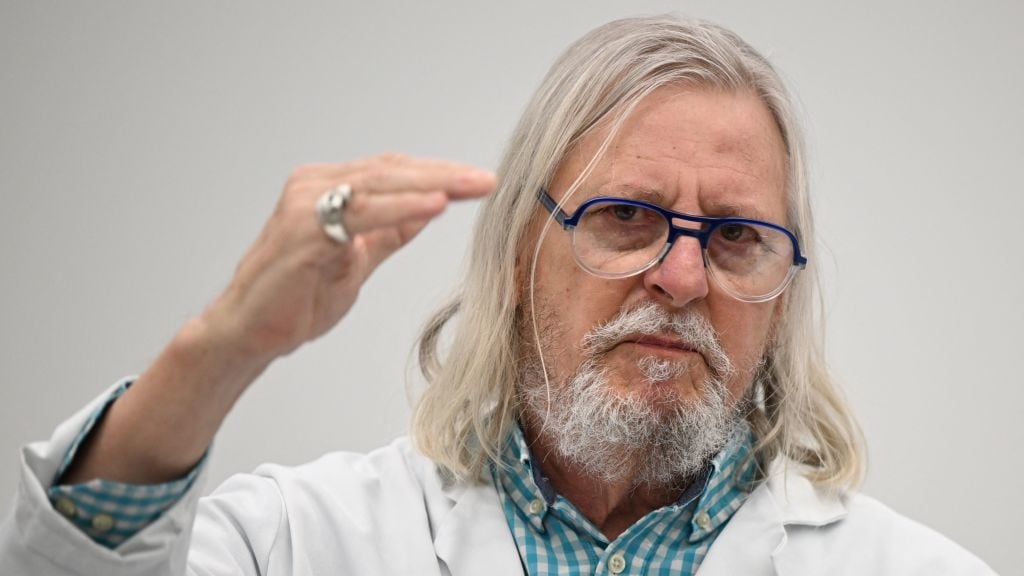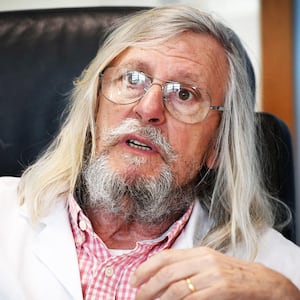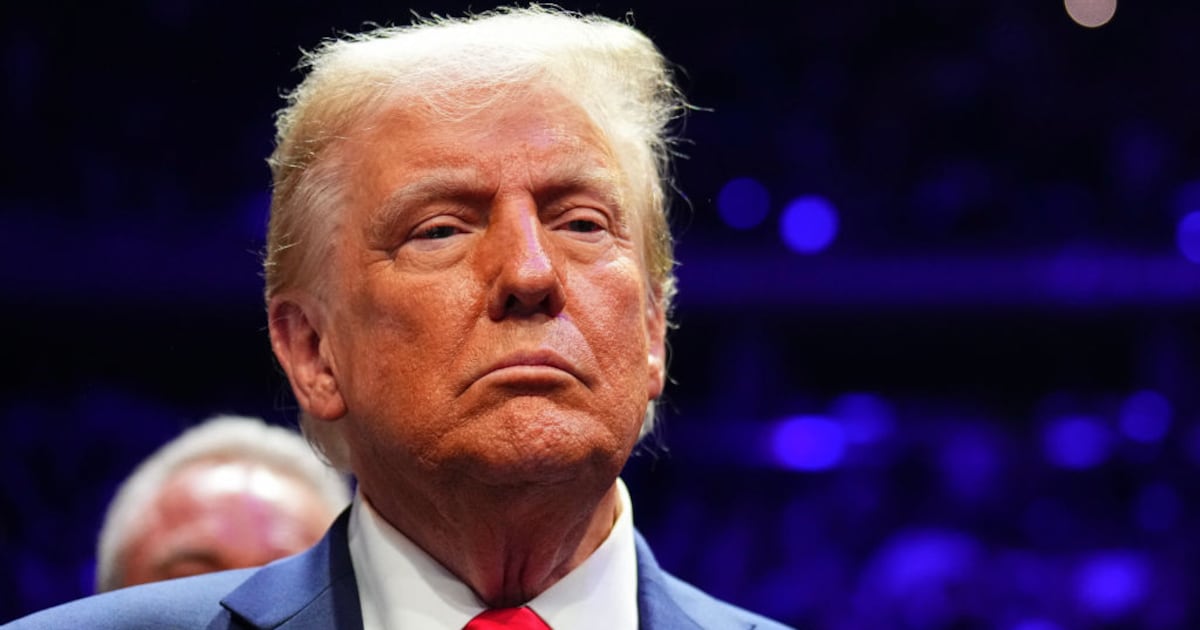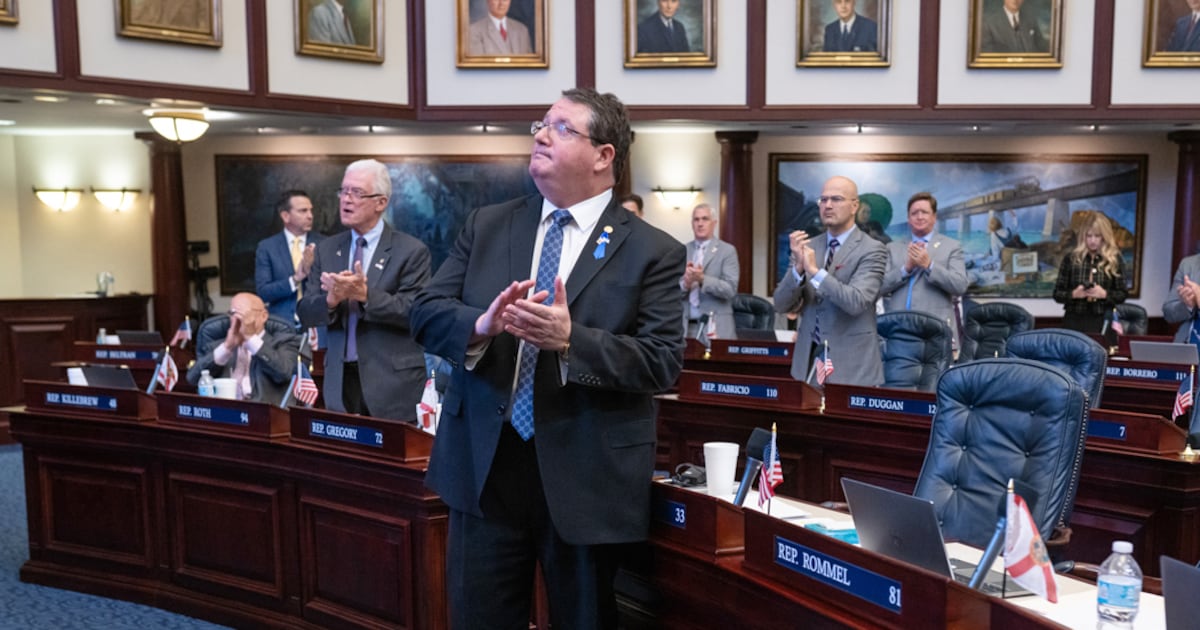A French doctor who popularized the now-discredited hydroxychloroquine treatment for COVID-19 is under fire for an alleged pattern of unauthorized experiments on homeless people.
Didier Raoult, a famed microbiologist who led the IHU Mediterranee research hospital until last year, became an internationally renowned figure in alternative medical circles in 2020, when he promoted the anti-malarial drug hydroxychloroquine as a COVID cure. Figures like Donald Trump hyped the drug as a COVID-killer, until extensive study showed hydroxychloroquine to have little to no effect on the virus. Today the World Health Organization and other national health agencies advise against its use in COVID patients, citing side effects that might arise from the ineffective treatment.
Now French authorities and journalists allege a longer pattern of questionable research by Raoult and his associated institutions, beginning with medical tests on homeless people that might have violated French law.
ADVERTISEMENT
An investigation by French news magazine Le Point this month alleges that Raoult and colleagues violated the nation’s 1988 Huriet Law establishing rights for participants in biomedical research trials. Scientists quoted in the article argued that Raoult’s team had conducted unauthorized studies while collecting blood samples from homeless people in the 1990s.
The study’s authors declined to comment, but argued in a medical journal discussion site that the trials were legal because they were part of routine medical treatment. Medical experts quoted in Le Point disagreed, citing the fact that the study’s subjects were healthy and didn’t need medical care. “As long as there are healthy volunteers, it can't be health care. So it is research,” one told the magazine.
Questions of medical ethics have followed Raoult since he began offering hydroxychloroquine for COVID patients. In April 2022, a French health agency issued a scathing investigation into a hospital Raoult directed, accusing both of “serious breaches and non-compliance with the regulations for research involving the human person.”
The agency found the research institute to have collected biological samples from patients without proper consent. The report also accused the institute of forging a signature from a member of an ethics committee. The investigations led to sanctions against the research hospital in June 2022.
Raoult stepped down from his leadership role at the IHU Mediterranee in August 2022, shortly before a different French agency released a report accusing the institute of “serious dysfunctions,” particularly involving COVID-19 treatments.
The report accused the institute’s management of pressuring doctors to prescribe hydroxychloroquine and ivermectin to COVID patients, despite the drugs’ lack of efficacy, and to carry out research in a way that suggested the drugs might be able to treat COVID.
The same experimental treatments that put Raoult in legal peril also made him a star in the alternative medical scene.
A New York Times profile in May 2020 described Raoult as a celebrity scientist, given to bouts of brilliance as well as combative contrarianism. By March of that year, the Times reported, his proposed COVID cure made Rouault “one of France’s most popular ‘political personalities,’ with particular appeal on the populist extremes.” Fans in Marseille sold candle votives with his picture, as if he were a religious idol.
On Twitter on Monday, Raoult pushed back on the latest allegations, tweeting in French that allegations of illegal drug testing would prove false.
He added that “justice” would determine whether treating COVID patients with hydroxychloroquine amounts to “illegal medical research or care, as we were taught in less crazy times.”







